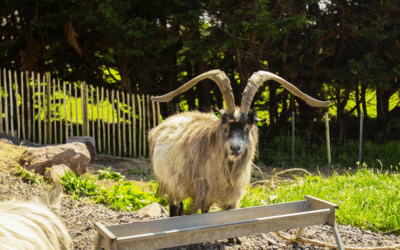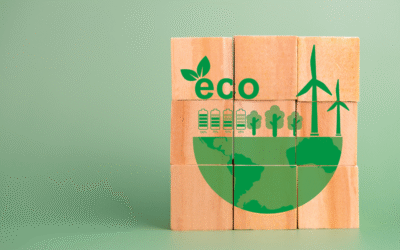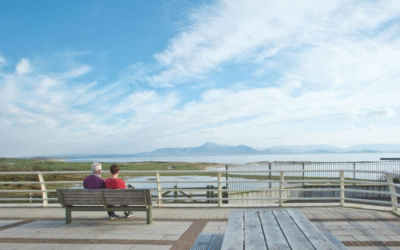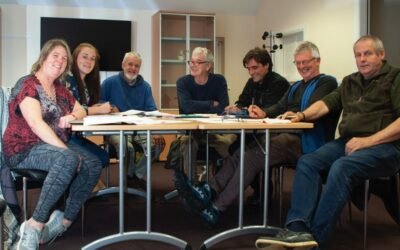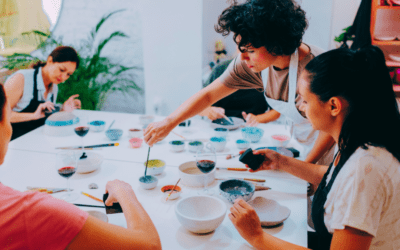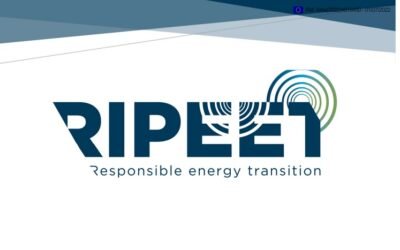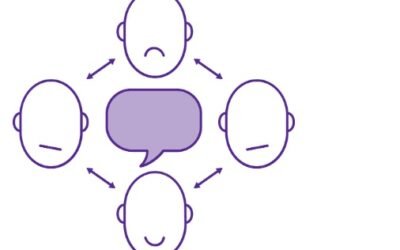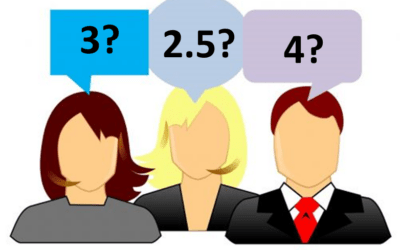The Rosmurrevagh Dunes Project is a very strong example of community-led ecological restoration based in observation, care, and long-term commitment. Started by local farmers in 1996, the project began as an answer to bad erosion and . Over time, it became a leading example of learning together and how to protect the land from the sea using natural ways and not just building walls. Today, Rosmurrevagh is known as one of Ireland’s strongest sand dune systems. This was not just against erosion from the sea, but because the community learned to work with nature.
Committee Tools
Old Irish Goat Project – Reviving Heritage for a Resilient Future
What started as a search for a lost native breed has grown into one of Ireland’s most innovative examples of community-led climate action. In Mulranny, County Mayo, a local group came together to protect the Old Irish Goat — a rare and ancient animal deeply connected to Irish culture. Today, their work blends conservation, education, and land management in ways that support both biodiversity and climate resilience.
From Small Wins to a Community Energy Pipeline: GreenPlan Mulranny (Case Study)
GreenPlan Mulranny turned a volunteer-run tourist office into a public “green hub” for the whole village—swapping bulbs, cutting bills, refilling water bottles, charging e-bikes from solar, and showing live energy on a screen. Those visible, low-cost actions grew into a community energy pipeline (Sustainable Energy Community → Energy Master Plan → Building Energy Ratings → Retrofits) and helped set the stage for Mulranny’s Decarbonising Zone.
Mulranny Community Futures & Promenade (Case Study)
A Scottish-style, household-led consultation gave Mulranny a clear, shared brief: footpaths, safer crossings, and a seafront civic space. With a Village Design Statement (2012) to turn that mandate into drawings, the community and council delivered continuous footpaths, traffic calming, and the Mulranny Promenade—even during austerity—shifting the N59 corridor from car-dominated to people-first and setting the stage for later climate actions.
Aran Islands’ Energy Co-operative
A community owned energy cooperative representing the 3 Aran Islands. Lifetime membership is open to everyone who lives on the Islands for a fee of just €100. The cooperative is non-profit with all of the benefits going back into the community. The co-op shows how ordinary citizens can have big impacts on their community – but set things up right on a firm base.
Creative Climate Action: Art and Sustainability in Westside (Case Study)
Westside Resource Centre’s community-led projects bring creativity and climate action together to engage residents in meaningful ways. Projects like “Painting the Planet” and “The Air We Share” use art and science to make sustainability understandable, start conversations about environmental issues, and strengthen community connections. Read the full case study to learn more about this work and what they are able to do.
RIPEET Transition Labs Handbook
The handbook digs deeper into the ‘Transition Lab’ approach for energy transitions. It shows a clearly well set out approach on how to set up, and run sustainability meetings.
The Sketch Game: discovering your team’s diversity
A drawing exercise that shows us how we can have different ideas and views on various subjects and/or goals. This shows how people come from different cultures and have their own views and ideas. It helps show that we all are equal and need respect.
Idea Evaluation and Selection
This is a tool which helps a group in a meeting decide what tasks are most important for them. It also helps them choose what path, ouf many choices, to follow in their work.


